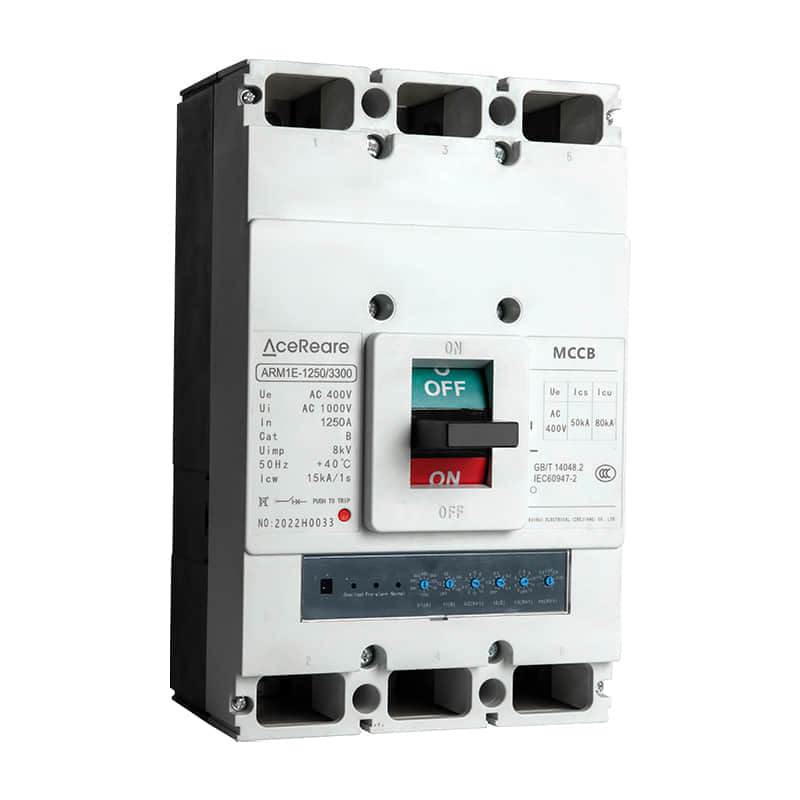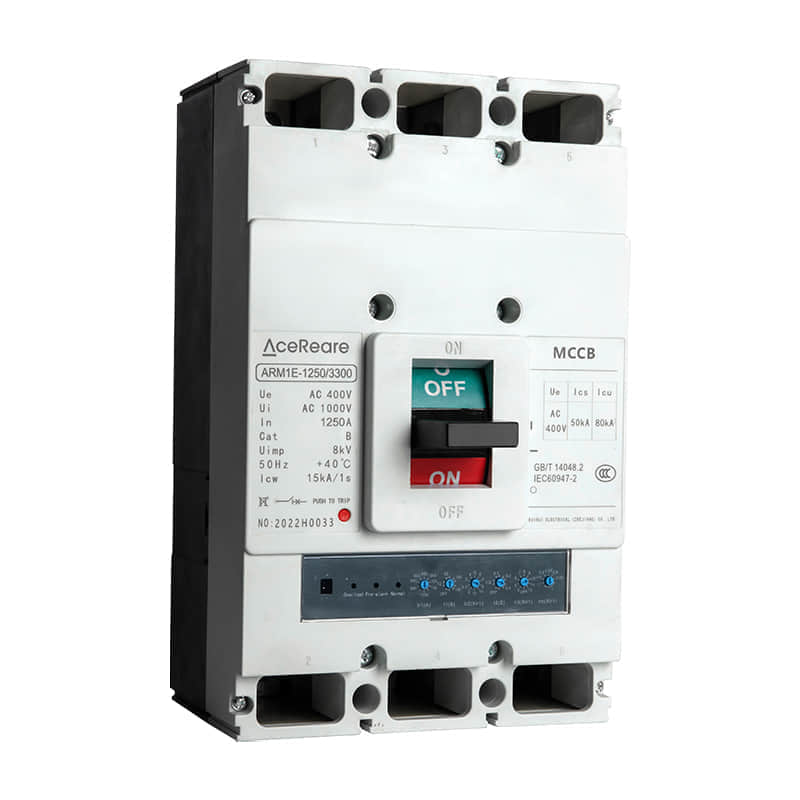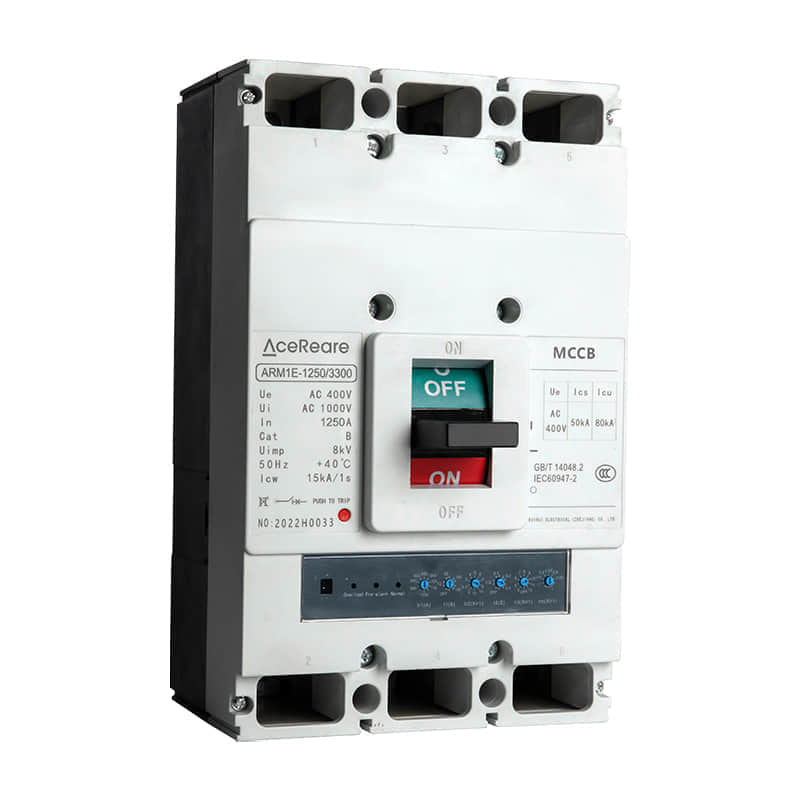Molded case parts are an essential component in various industries, playing a pivotal role in ensuring the safe and efficient operation of a wide range of devices and equipment. These parts are meticulously designed and manufactured to provide protection, insulation, and structural support, making them indispensable in diverse applications. In this article, we will delve into the world of molded case parts, examining their functionality and exploring the myriad ways they are employed across industries.

Functionality of Molded Case Parts

Molded case parts are typically made from durable materials such as thermoplastics, thermosetting plastics, or composites. Their primary function is to encase and shield delicate internal components from environmental factors such as dust, moisture, and physical impact. This protective enclosure helps extend the lifespan of the device or equipment, ensuring its reliability in various conditions. Additionally, molded case parts often feature intricate designs that provide excellent insulation properties. This is crucial in electrical applications, where the parts prevent the leakage of electric current and the risk of short circuits. Moreover, these parts can offer flame retardancy and resistance to chemicals, enhancing their safety and suitability for use in critical environments. Applications Across Industries Electrical Industry: One of the most prominent applications of molded case parts is in the electrical industry, particularly in circuit breakers and switches. These parts provide a robust and secure housing for sensitive electrical components, safeguarding against electric shocks and fire hazards. Molded case circuit breakers, for instance, offer adjustable trip settings and thermal protection, making them integral to power distribution and control systems. Automotive Sector: Molded case parts find their way into vehicles, contributing to both safety and performance. In the automotive industry, these parts are used in the manufacturing of ignition systems, sensors, and connectors. Their ability to withstand high temperatures and resist chemical exposure makes them ideal for under-the-hood applications. Consumer Electronics: The sleek and compact designs of modern consumer electronics often conceal molded case parts that protect internal circuitry. From smartphones to gaming consoles, these parts provide impact resistance, EMI shielding, and structural integrity, ensuring that devices withstand everyday use. Industrial Machinery: Industries rely on heavy machinery, and molded case parts are employed in this context to enhance machine durability. From control panels to motor enclosures, these parts contribute to the efficient operation of manufacturing equipment by guarding against dust, debris, and moisture. Renewable Energy: With the growing focus on renewable energy sources, molded case parts play a role in solar and wind power systems. Encasing critical components in solar inverters or wind turbine controls helps these systems endure harsh outdoor conditions and contribute to the sustainability of power generation. Medical Equipment: In the medical field, precision and reliability are paramount. Molded case parts are used in medical devices like imaging equipment, patient monitors, and diagnostic tools. They provide both physical protection and electromagnetic shielding, ensuring accurate and safe operation. Innovation and Future Trends As technology continues to advance, so too does the design and functionality of molded case parts. With the integration of smart technologies, these parts are becoming more than just protective enclosures. They are now being designed to accommodate sensors, communication modules, and even wireless charging capabilities, further expanding their utility. In conclusion, molded case parts are the unsung heroes that contribute significantly to the reliability and safety of various products across industries. From electrical systems to automotive components and beyond, their protective and insulating properties enable the seamless operation of devices in diverse and often challenging environments. As innovation persists, molded case parts will likely continue to evolve, adapting to new technologies and further revolutionizing the industries they serve.
